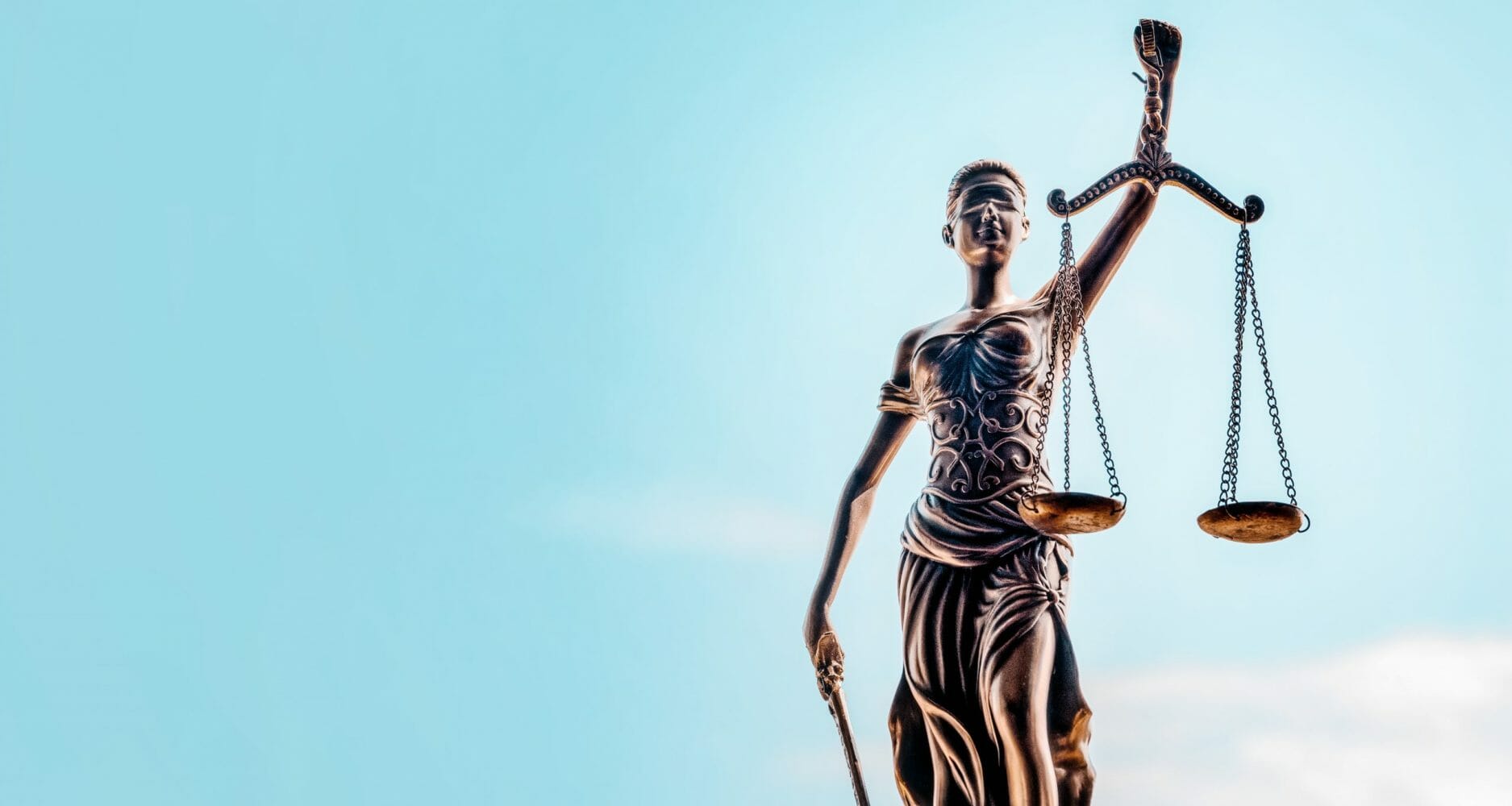Corona news flash | Litigation update no. 2
in light of the outbreak of the Coronavirus and in view of the Ministry of Health’s guidelines , the Chairman of the National Ethics Committee of the Israel Bar Association issued a guidelines on the subject of remote verification of affidavits.
Normally, an attorney who is verifying the signature on an affidavit must identify the declarant, ensure that the declarant has understood the affidavit, read the text of the warning to the declarant, in a language which he understands and ensure it has been understood. Such verification of the signature is to be performed in the presence of the lawyer.
Ethics Committees have previously held that remote verification via web camera or fax is not allowed.
In light of those decisions and in view of the current situation, a problem arises with regard to verifying affidavits, which – as stated – must be performed in the presence of a lawyer.
Accordingly, the Chairman of the Ethics Committee issued said guidance clarifying how a lawyer is to act when a potential declarant is prevented from signing an affidavit in accordance with Evidence Ordinance. According to the directive:
1. The document offered as a substitute affidavit will not be entitled an “affidavit” and a lawyer will not submit it as an “affidavit”, but rather as a “statement”, “notice” or similar such term.
2. At the bottom of the document, it should be noted that the signature has not been verified by a lawyer.
3. It should also be indicated in the document that prior to the hearing, a lawful affidavit will be submitted.
We are at your disposal for any questions you may have and wish you and all of us, good health.

in light of the outbreak of the Coronavirus and in view of the Ministry of Health’s guidelines , the Chairman of the National Ethics Committee of the Israel Bar Association issued a guidelines on the subject of remote verification of affidavits.
Normally, an attorney who is verifying the signature on an affidavit must identify the declarant, ensure that the declarant has understood the affidavit, read the text of the warning to the declarant, in a language which he understands and ensure it has been understood. Such verification of the signature is to be performed in the presence of the lawyer.
Ethics Committees have previously held that remote verification via web camera or fax is not allowed.
In light of those decisions and in view of the current situation, a problem arises with regard to verifying affidavits, which – as stated – must be performed in the presence of a lawyer.
Accordingly, the Chairman of the Ethics Committee issued said guidance clarifying how a lawyer is to act when a potential declarant is prevented from signing an affidavit in accordance with Evidence Ordinance. According to the directive:
1. The document offered as a substitute affidavit will not be entitled an “affidavit” and a lawyer will not submit it as an “affidavit”, but rather as a “statement”, “notice” or similar such term.
2. At the bottom of the document, it should be noted that the signature has not been verified by a lawyer.
3. It should also be indicated in the document that prior to the hearing, a lawful affidavit will be submitted.
We are at your disposal for any questions you may have and wish you and all of us, good health.

19.06.2025
A building permit was approved for Av-Gad for a construction project in western Holon
READ MORE
25.06.2025
Our firm represents the petitioner in a petition against the Israel Land Authority concerning the marketing of land in Ganot
READ MORE
09.06.2025
“Public, Participation and Land: Urban Planning for the Arab Population in Israel” – a new book by Dr. Kais Nasser
READ MORE
27.05.2025
A lawsuit against Meta in the Tel Aviv District Court, alleging that the company enables the promotion of pirated content services on Facebook and Instagram
READ MORE
06.05.2025
The annulment of the judgment prevented the liquidation of the airline from Georgia
READ MORE
05.05.2025




